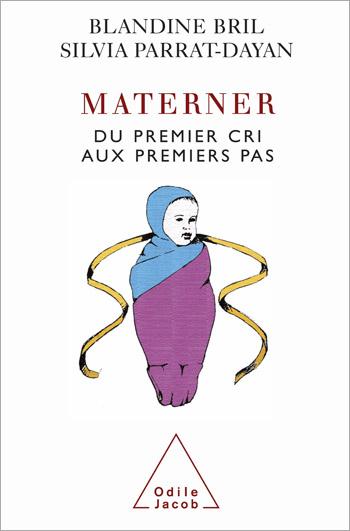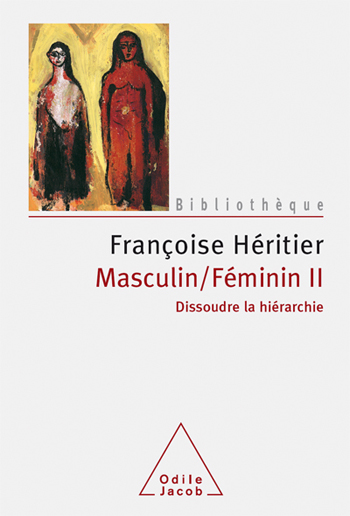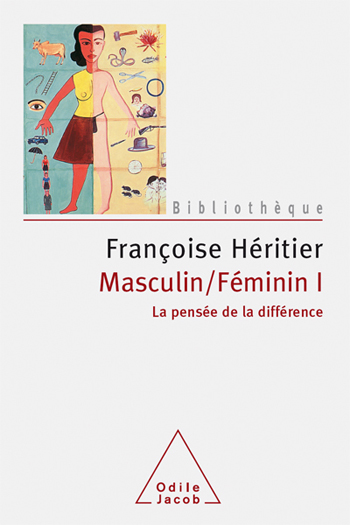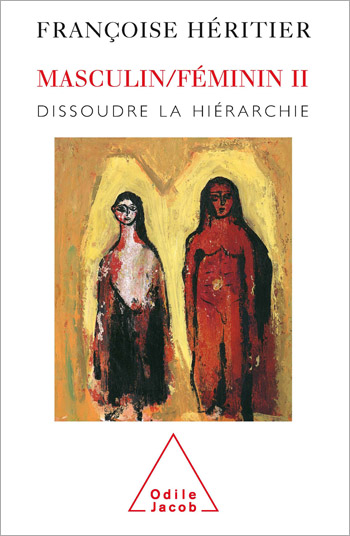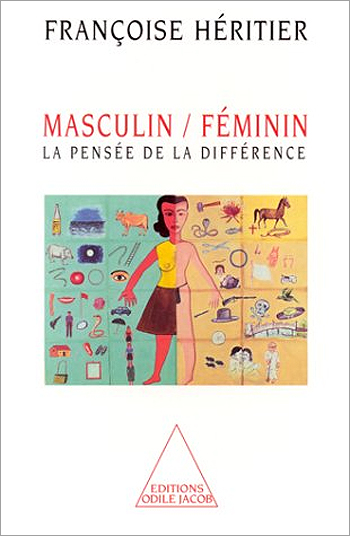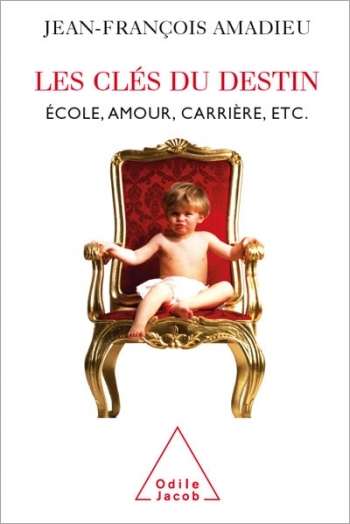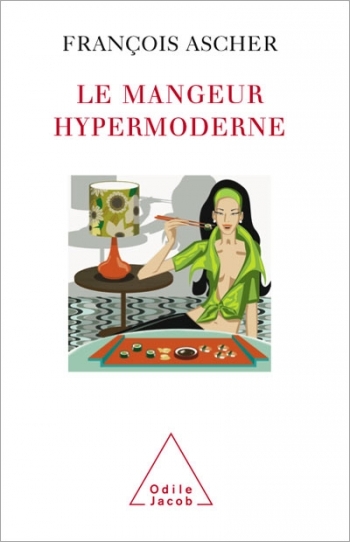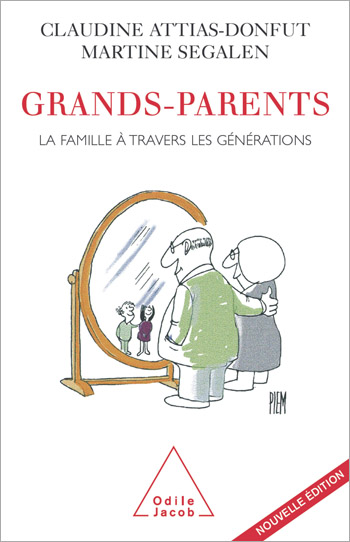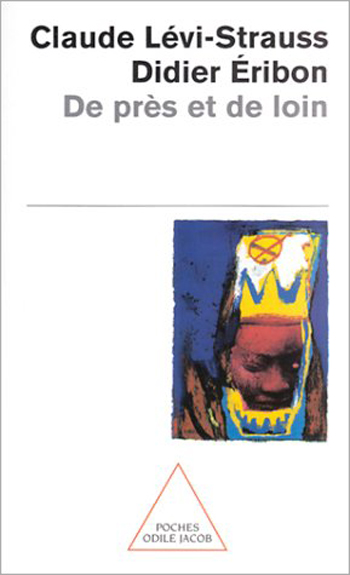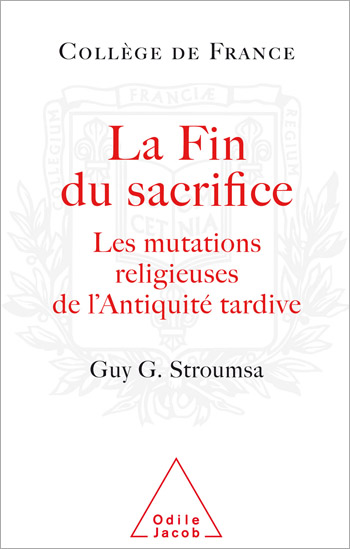Anthropology, Ethnology All books

Jean-Pierre Changeux
The Natural Foundations of Ethics
Is the sense of morality universal, is it inherent to human nature? The members of this symposium gathered around Jean-Pierre Changeux ponder the diversity of moralities and question themselves about the conflicts due to cultural differences and the possibility of attaining a common morality which would be intrinsic to human nature.

Alexandre Stern
Monkeys in the Kitchen How Cooking Made Us Human
How the invention of culinary and agricultural practices, the discovery and exchange of products, through the millennia have contributed to civilizing the human being.
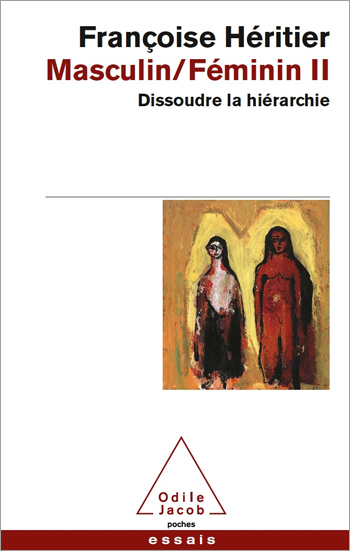
Françoise Héritier
Male/Female II Dissolving the Hierarchy
The author's approach is not exclusively critical. She also sets out to break down the male-female hierarchy established and perpetuated by our mental categories...
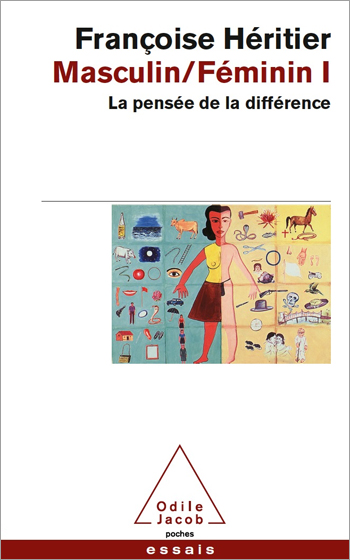
Françoise Héritier
Male/ Female I The Thought Process of Difference
A fascinating work.” Françoise Giroud, Le Figaro

Geneviève Bédoucha
Lunar Eclipse in Yemen An Anthropologist's Emotions and Feelings of Bewilderment
This is a fascinating approach by a woman of a tribal society in a mountain valley in northern Yemen, near the Saudi Arabian border. Partly a travel book and partly a journal of the author's fieldwork, it restores an anthropologist's unique first-hand experience, questionings, hesitations and discoveries, from the first moments spent in an unfamiliar village. There are few anthropological works on Yemen, and even fewer about private life in rural societies in the hinterland of the former Arab Republic of Yemen (the author's fieldwork dates from the 1980s, before reunification). At the time, the presence of a female anthropologist led both men and women to talk openly, often jokingly and provocatively, of male-female relations, and it seemed to encourage women to voice strong criticisms of male behaviour and privileges. The women's comments reveal them to be lucid independent thinkers, and not at all submissive. This book is an invitation to discover a little-known rural community at close quarters, and to penetrate the secret universe of Yemen's many-storied mud houses. It reveals relations between men and women in a closed, but curious and hospitable, Muslim Arab society. An anthropologist and research fellow at the Centre National de la Recherche Scientifique (CNRS), Geneviève Bédoucha is a specialist in the relations between socio-political structures and irrigation systems in Arabic and Islamic societies.
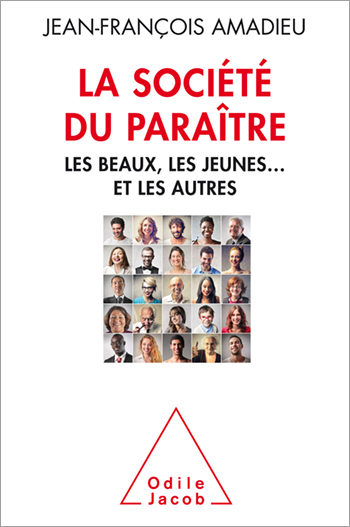
Jean-François Amadieu
The Looks Society Beautiful, Young People...and Others
An original thesis on breaking the silence surrounding the importance of appearance, and one that nobody — employer, employee, consumers — wishes to explicitly confront.

Marc Abélès
Is Luxury Worth Considering? An anthropology of luxury
The originality of Marc Abélès, an anthropologist who has always carried out his research against the grain, off the beaten path. A study of luxury that does not lean on classic sociological themes from the time of Bourdieu, those of distinction and domination.
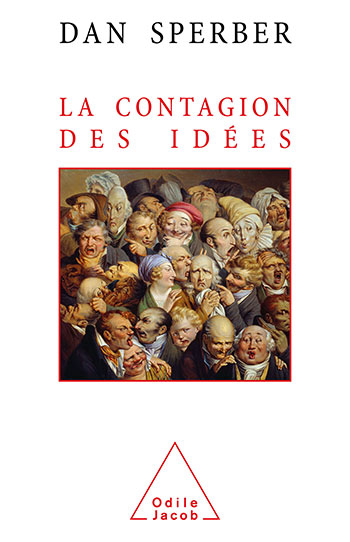
Dan Sperber
The Infectiousness of Ideas
Where do our ideas come from ? Some, just from ourselves, or at least we believe so, but the majority come from others which we then pass on in our turn. The age-old philosophical question on the origins of ideas is analysed here in relation to their mode of dissemination. In his search for the natural element of culture, Dan Sperber presents in this book an epidemiology of ideas which describes how they spread by passing from one person to another, undergoing transformations which are in the same category as mutations. He also investigates how these ideas establish themselves in the long-term by occupying our mental world without our conscious knowledge, which allows us to participate in our culture. Dan Sperber, an anthropologist, is the research director of CNRS.
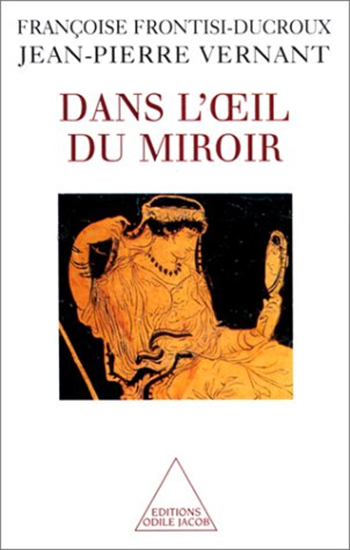
Jean-Pierre Vernant, Françoise Frontisi-Ducroux
In the Eye of the Mirror
How do the Greeks think of themselves ? Why do mirrors rarely reflect the true image of the person that looks into them ? And what image are they trying to project on others ? Formulated from an abundance of literature, iconography, and archeology, this book discusses the beginning foundations of individual representation. It is primarily a study of realities and appearances in an interpersonal society where social and personal status are dependant on how one is viewed and received in society. Secondly, the book analyses sexual identity and what it was in ancient Greece, through the study of a universal symbol, the mirror. Jean-Pierre Vernant and Françoise Frontisi-Ducroux teach at the College of France.

Christine Tardieu
How We Become Bipeds The Wolf-Child Myth
A history of how and why humans are the only mammals that permanently adopted bipedalism.
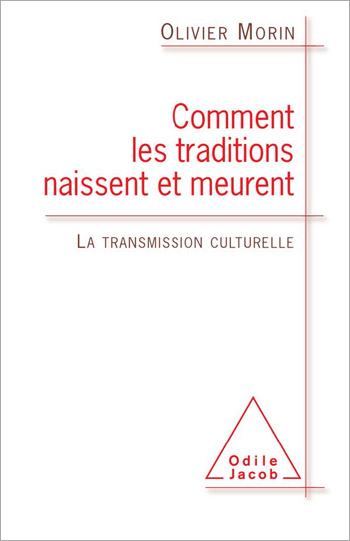
Olivier Morin
How Traditions Are Born And Die Cultural Trans
A new approach to how culture is transmitted that helps us understand the multicultural society in which we live
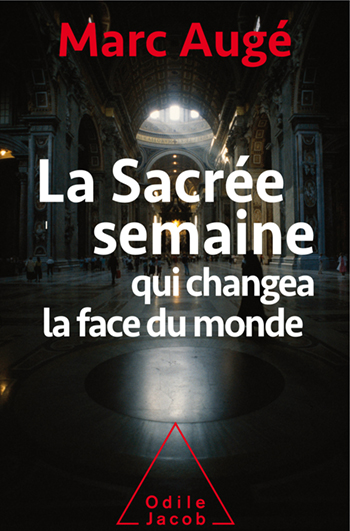
Marc Augé
The Holy Week Which Changed The Face Of The World
A breathtaking work of fiction which in which faith in humanity conquers all. A must-read!
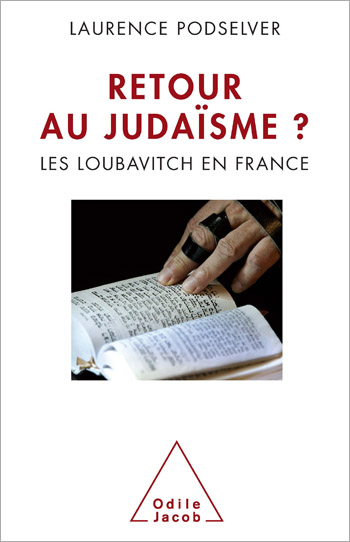
Laurence Podselver
Hasidism: The Jews of France in the Face of Fundamentalism
Based on years of study, this unusual anthropological study, helps us understand the individual itineraries that explain why so many Jews...

Claude Lévi-Strauss, Didier Éribon
From Far and Wide
A famous anthropologist, known as one of the greatest minds of our time, C. Lévi-Strauss is a discreet man whose autobiographical writings are few. His talks with D. Eribon not only present the reader with the keys to his works, but also convey a new perspective of our time, a 20th century of discovery and catastrophy. Through intellectual anecdotes, tales of trips and meetings, secret tastes and dislikes, we discover at the same time a great scholar, a privileged witness, and a passionate, witty man.
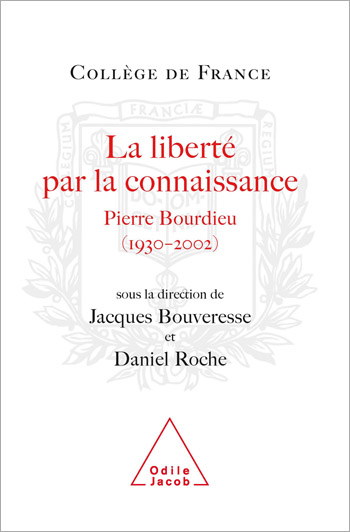
Jacques Bouveresse, Daniel Roche
Freedom Through Knowledge: Pierre Bourdieu, 1930-2002 (Travaux du Collège de France)
Gathered in this volume are the texts of lectures given in memory of Pierre Bourdieu at an international colloquium held on 26-27 June 2003 and jointly organised by the Collège de France and the Ecole Normale Supérieure, with the backing of the Hugot Foundation.


